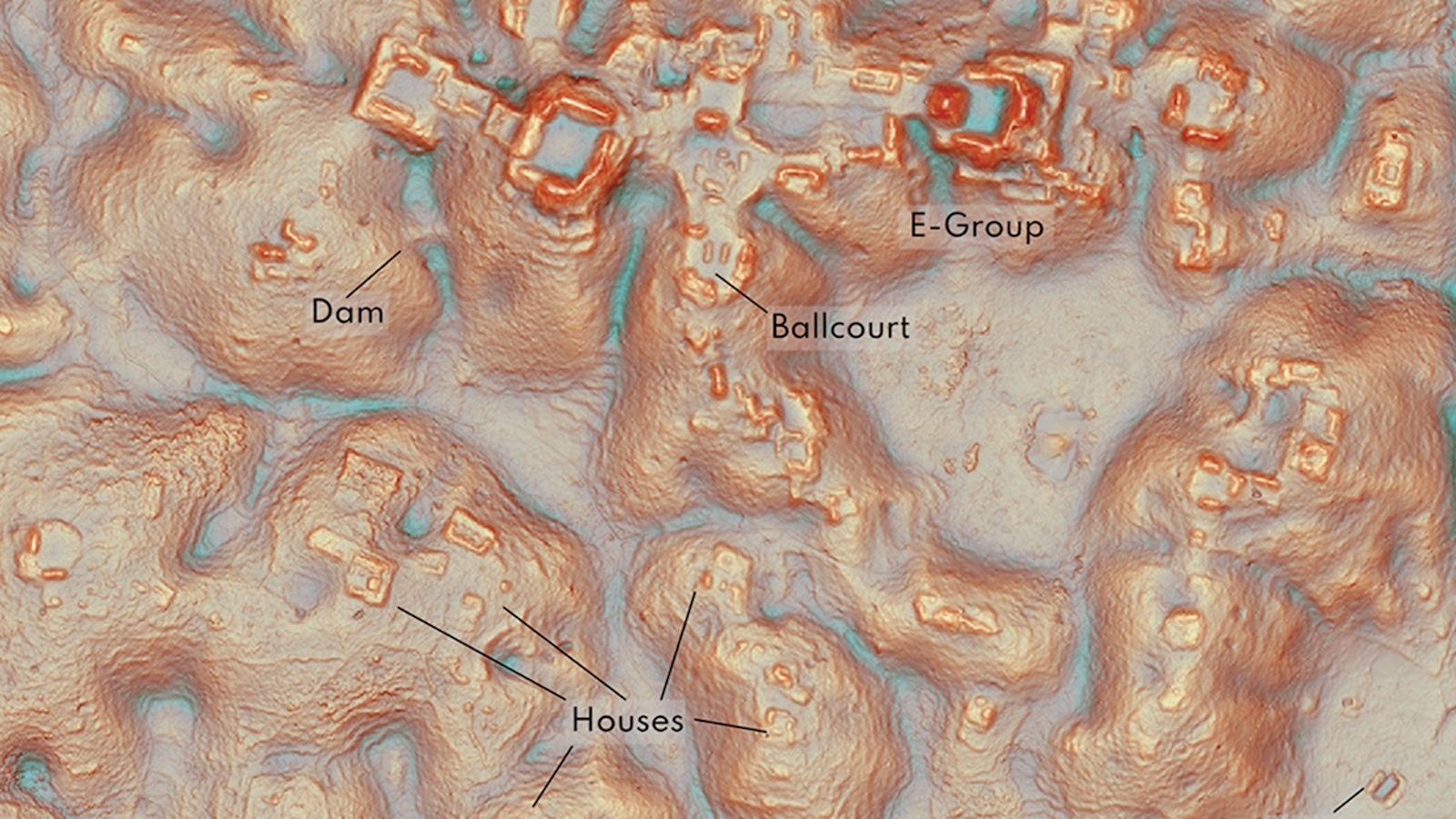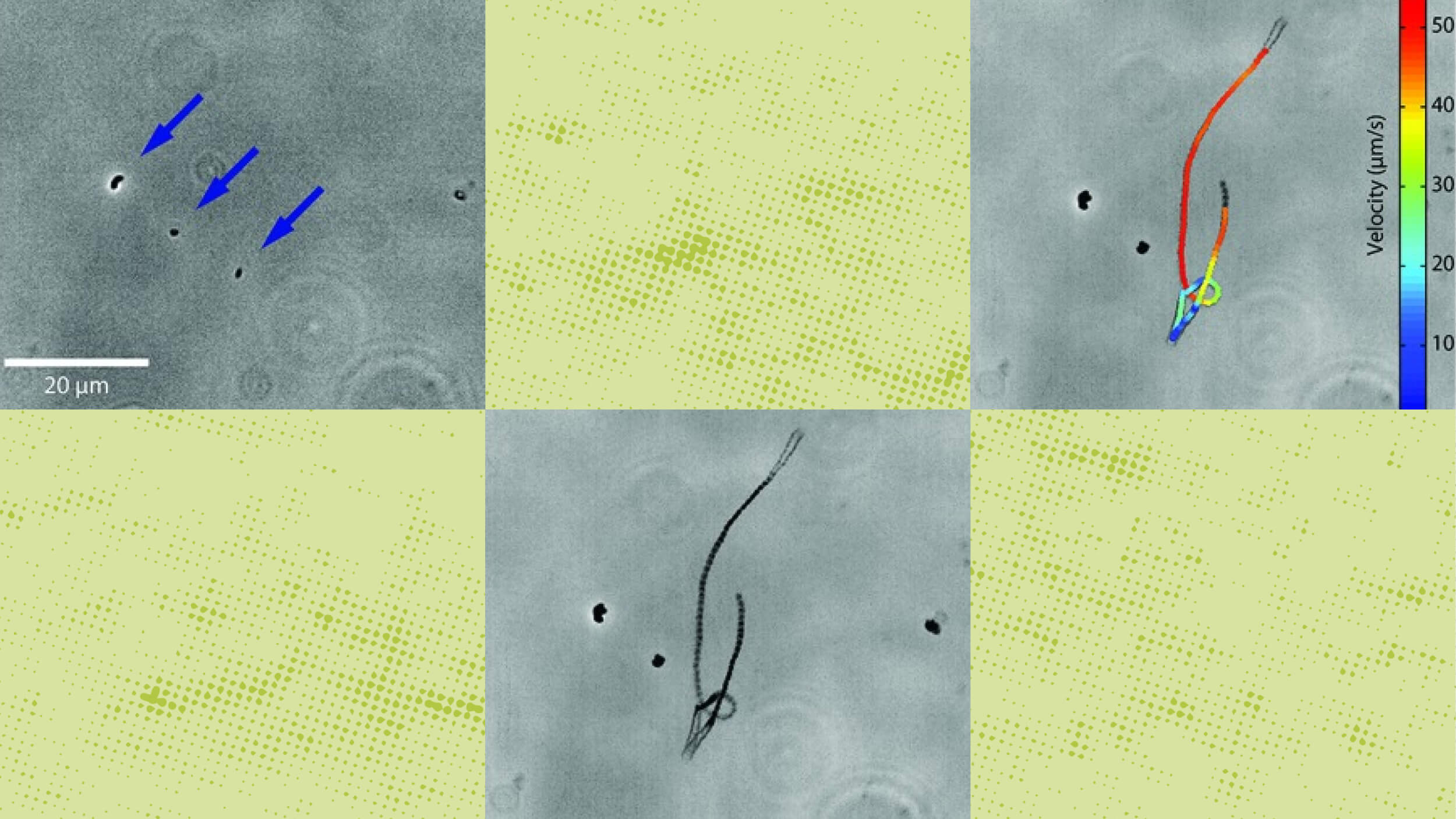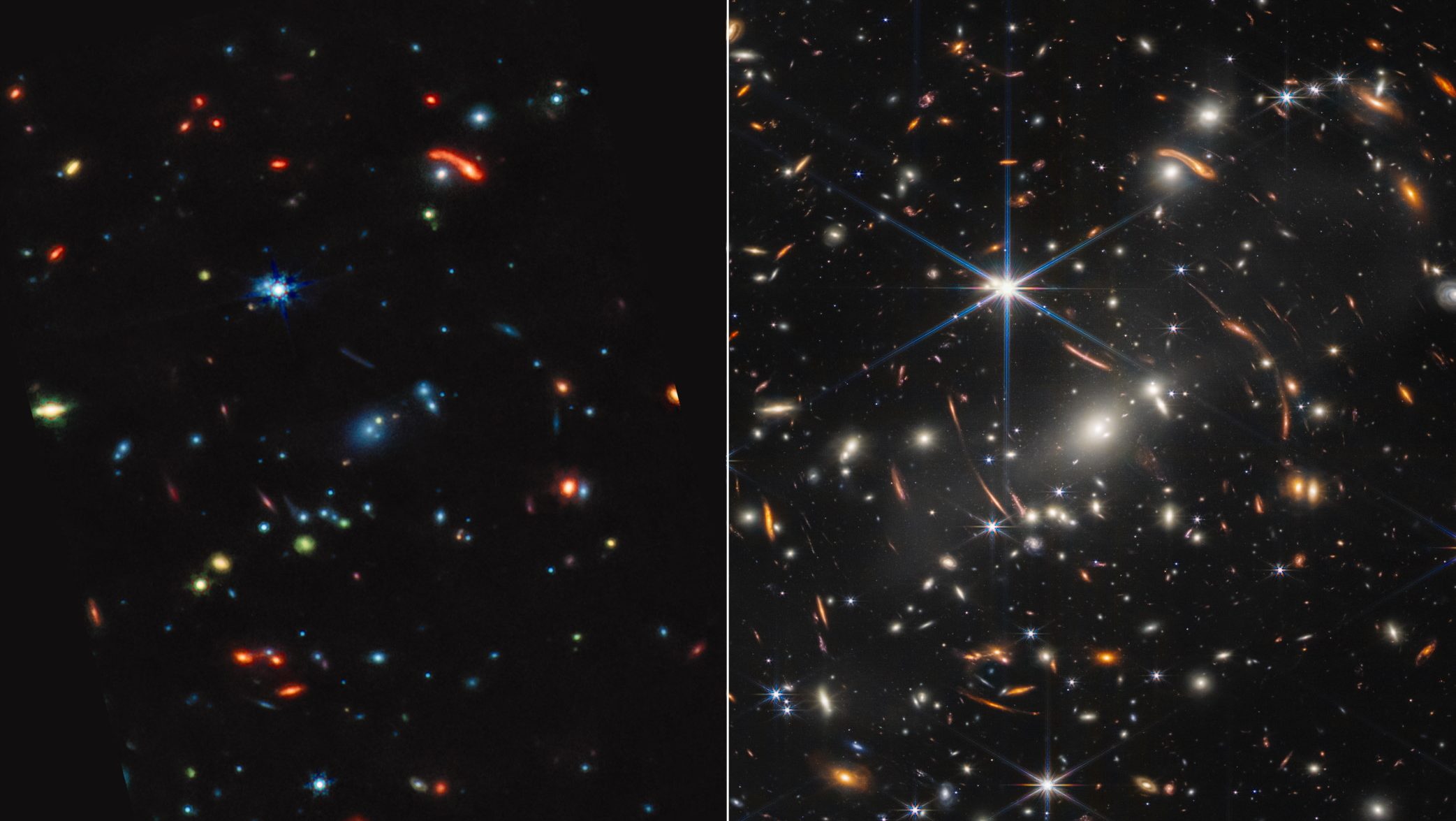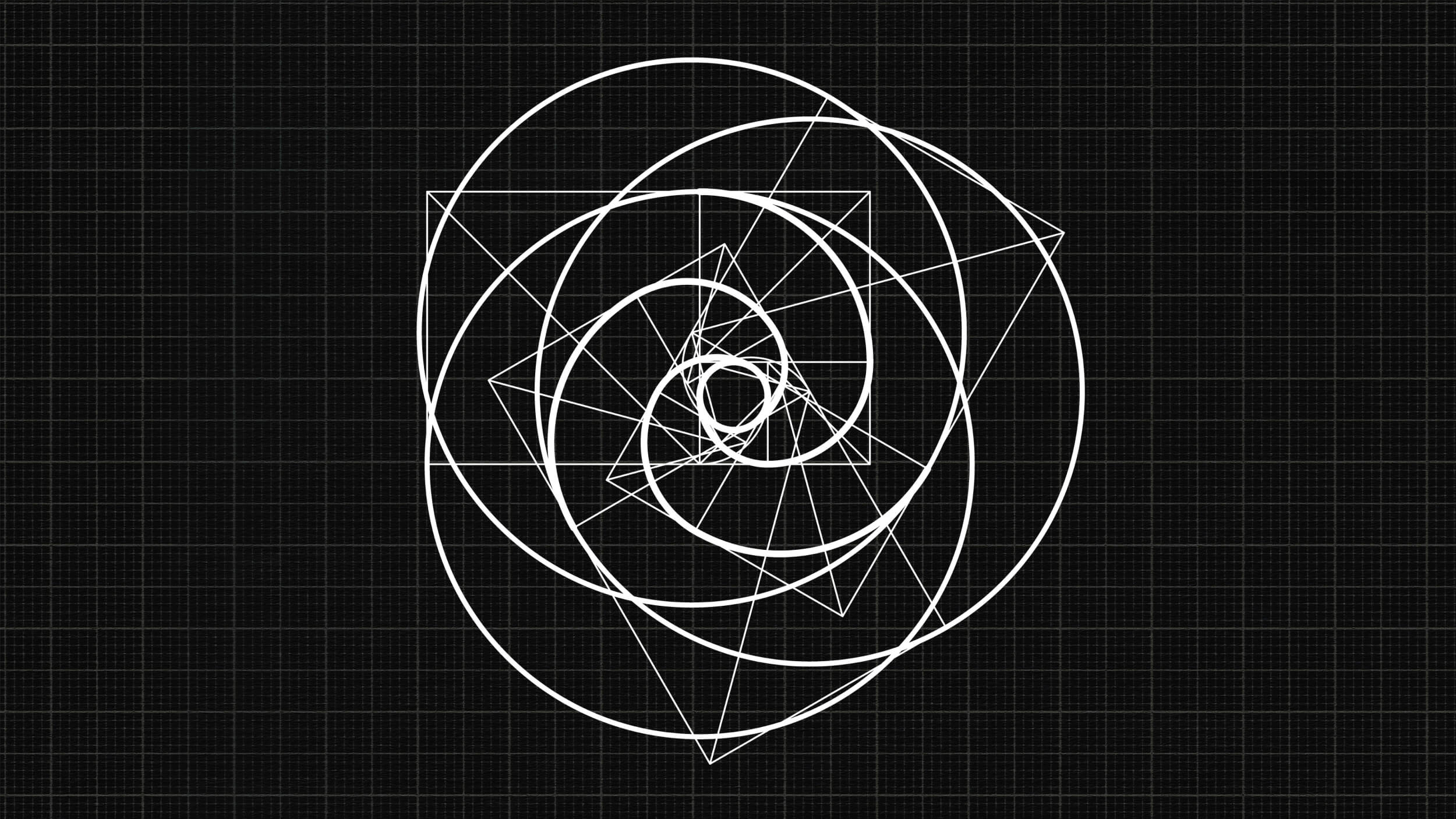The Anthropocentric Arrogance Of Classical Environmentalism

I’m lucky to spend a couple weeks each August up at Moosehead Lake in Maine, where paved roads and power lines disappear and an endless blanket of rich green forests coat the hills and valleys, seemingly home to as many moose and deer and bear and beaver as people. Lucky not just to get away, but to be reminded against all the soul-sapping damage we’re doing to our natural world, that the larger Nature that was here long before us and will be here long after we and our mess are gone, is inspirationally resilient.
The forests up here envelop you, swallow you up. The world is coated in trees. But most of these trees are new, third and fourth and fifth generation replacements for the ones that were here when Caucasians arrived and started cutting whole forests down to build their ships and homes and churches. And while the cutting has slowed as the timber industry has moved west and north in search of older bigger trees, it hasn’t stopped. There is still plenty of territory up here recently taken down by foresters, open scars of clear cut land, piles of decaying rubble lying along the endless dirt logging roads, or monoculture stands of young pines just starting to fill in huge tracts cut down a few years ago. Northern Maine is one giant tree farm.
The majestic older, bigger trees, the thickest and truest of which the English kings reserved for the masts of their navy, are gone. The habitats they were a part of have changed. And humans have caused most of that change. This is the change that Bill McKibben decries in “The End of Nature” (the title of the book that established him as a leader of modern classical environmentalism), the change that biologist and environmental prophet E.O. Wilson talks about when he writes in his book, “Creation”, that “Nature is that part of the original environment and its life forms that remains after the human impact”.
To the McKibbens and Wilsons and other classical environmentalists, true nature, “what remains of Eden” as Wilson sees it, is gone. Dead. Over. We killed it. The anthropocentric arrogance of this view, that humans are special and nature was given to us and it is our job to protect it, rooted in the faith stories of most the world’s major religions, is sentimentally appealing, but piously naive.
And it’s dangerous, because it is the wellspring for the sweeping rejection of modern processes and technologies that, for all their potential threats to nature, also offer tremendous benefits, including the chance to moderate some of the mess we’re making.
The naïve belief that the only true nature is what existed before humans is also scientific balderdash. If the fecund regenerating forests aren’t sufficient evidence, how about the mountains of Maine? Half a billion years ago the soft low mountains that run from the southwest of the state up through the center, a northern stretch of the Appalachians, stood as high as today’s Alps. Wind and rain and ice and snow, and time – the forces of Nature – have weathered them down, and now Mt. Katahdin, at 5,267 ft. (1,605 m), is tallest.
But try to tell hikers working north through the 100 Mile Wilderness, the final and reputedly the toughest section of the Appalachian trail, that nature is dead. Tell them that after they have struggled for nearly two weeks through dense woods, sweating and panting up and down steep peaks, fording rushing streams, in heat and rain and wind, and now, at dawn, they stand at the top of Mt. Katahdin and see the rising sun first touch American soil at their feet. Tell these hikers, who have just been so intensely intimate with nature (on a trail that humans made), that nature is dead…not injured, or damaged, or suffering at the hands of humans, but dead and gone, forever… and they will laugh. (And then they’ll probably ask if you have a car down in the parking lot and can you give them a ride into Millinocket.)
We are living in the Anthropocene, a geological era so impacted by humans that intelligent beings far off the future will be able to still see the evidence of what we’ve done. The breadth and depth of the harm we’re doing to the biosphere of the Earth is tragic. The damage we’re doing to systems on which our own health and safety depend is stupendously dumb. And like the forests and mountains, that self-destructive stupidity itself proves the point that nature is far more powerful, and resilient, than the classical environmentalists give it credit for, and that humans are far too arrogant about how special we think we are.
We assume we’re smart, smarter than all other creatures, smart enough not to damage the natural world we depend on. But we’re not. It’s not even close. Look around at the damage we’re doing, putting ourselves at dire risk. Or consider what research on human cognition has learned in the past few decades, about how the brain is mostly driven by subconscious instincts driven by the imperative of short term personal survival, not careful conscious reason designed for long-term planning for what’s intelligently best for the system overall.
It’s a gift to get away, to the rejuvenation of cleaner air and starrier skies and nothing but the sound of water lapping up on the lake shore. It’s a gift too, this respite, a reminder to be humble; to remember that while we are tragically mucking things up, that we are only a temporary part of a natural system that is vastly more rich and complex than our self-centered anthropocentrism appreciates, that is phenomenally more powerful and resilient than we give it credit for, a natural system that is ancient beyond knowing, and which will be alive and thriving long long after we’re gone.





